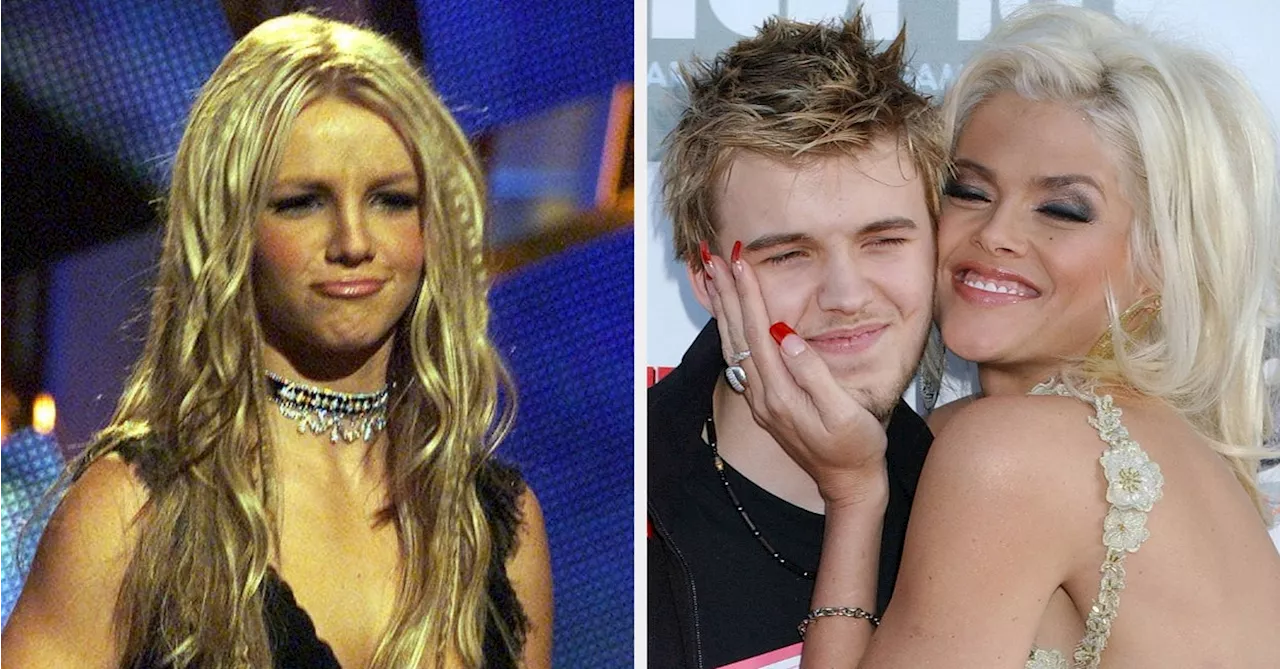UPDATE: New reports reveal a shocking retrospective on the 2000s, highlighting 25 troubling events that many now consider forgotten. This urgent revisitation of a decade filled with political scandals, media exploitation, and cultural crises has profound implications for today’s society.
As we reflect on the past, it’s clear the 2000s were marred by dark moments that shaped a generation. From the tabloid exploitation of Britney Spears to the devastating aftermath of Hurricane Katrina, these incidents reveal how media and cultural narratives have evolved, or in some cases, failed to improve.
In a troubling analysis, experts point to the relentless scrutiny faced by Spears, who became a symbol of the harsh media landscape. Her mental health struggles were sensationalized, leading to a 13-year conservatorship that starkly demonstrated the media’s cruel treatment of women. This exploitation was not just entertainment; it was a reflection of a society that consumed pain for profit.
The cultural impact of reality television also comes into focus, as brands like Girls Gone Wild profited from the sexual exploitation of young women. Founder Joe Francis made hundreds of millions, transforming predatory voyeurism into mainstream entertainment. As discussions around consent and sexualization have intensified, the normalization of such behavior in the 2000s is now seen as a troubling legacy.
Additionally, the early days of social media reveal vulnerabilities that many have forgotten. The MySpace worm incident, which infected over 1 million profiles within hours, serves as a grim reminder of the cyber threats that were emerging as the digital age dawned. This event not only demonstrated the fragility of online platforms but also foreshadowed the data breaches and cyberattacks that have become commonplace today.
Meanwhile, the 2000 election between George W. Bush and Al Gore exposed deep flaws in the electoral process, culminating in a Supreme Court ruling that still resonates in today’s political climate. The aftermath of this contentious election laid the groundwork for the hyper-polarized landscape we navigate now.
The repercussions of September 11, 2001, continue to shape global politics. The ensuing War on Terror redefined U.S. foreign policy and led to significant loss of life, including hundreds of thousands of Iraqi civilians. The psychological impact of these events, compounded by the 2001 anthrax attacks, created an atmosphere of fear and uncertainty that many still feel today.
As we confront these troubling memories, it’s crucial to recognize the systemic issues that were highlighted during this decade. The commercialization of body shaming, as seen in popular media, and the pressures of purity culture left lasting scars on mental health and self-image, especially for young women.
The ongoing reflection on these dark moments serves as a reminder of the progress that still needs to be made. As we share these stories, it’s essential to engage in dialogue about how far we’ve come and the dangers of repeating the same mistakes.
The haunting events of the 2000s compel us to act. What lessons can we learn from this reflection? How can we ensure that history does not repeat itself? Share your thoughts below and join the conversation about the legacy of this tumultuous decade.







